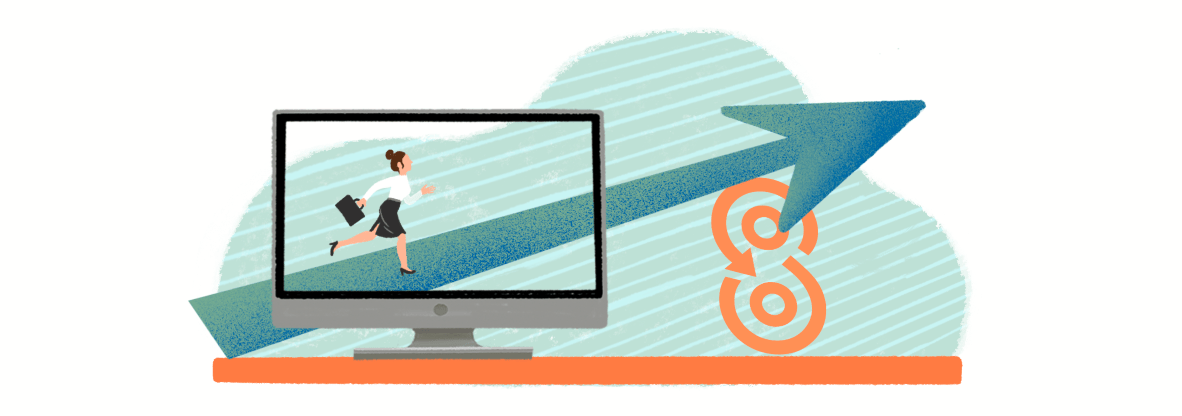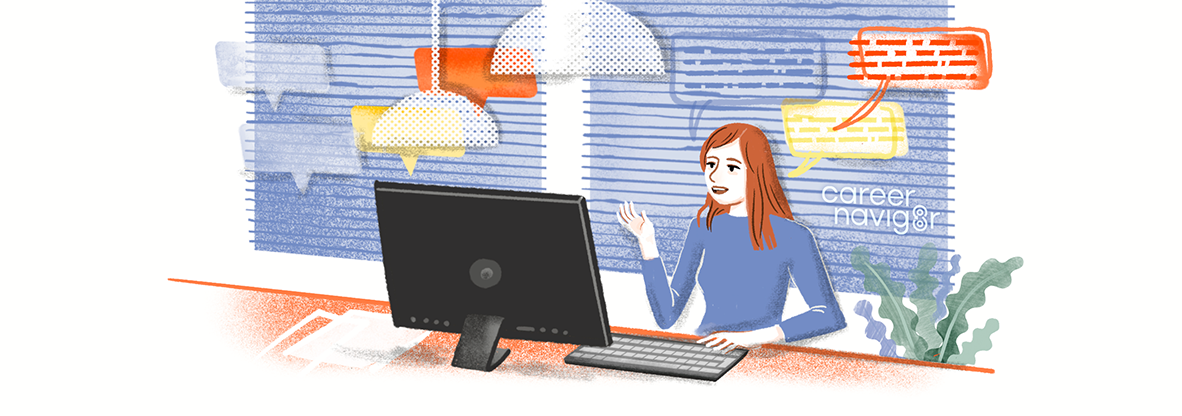Does Personality Matter in a Job Interview?

If you’ve ever had a job interview, then you’ll know the pressure of trying to get into the right headspace. On the one hand you’re juggling answers to expected questions, preparing how you’ll explain that gap on your CV and trying to remember your interviewer’s name, while on the other you’re worrying about how you’ll come across.
Should you be friendly and upbeat? Should you be serious and level headed? Is it okay to throw a joke or two in there?
Finding the right personality traits for an interview can be a never-ending well of anxiety, but fortunately there are some simple tricks you can follow to make things easier. Today we’ll be talking about why personality matters in a job interview and how to present an authentic version of yourself that employers will love.
Remember You’re Not Just An Employee
It can be strange to think about, but there are few people you’re likely to spend more time with than your co-workers. As such, while it can seem unprofessional or even unethical, employers are often more likely to choose a candidate with whom they can develop a good rapport.
That’s not to say you have to become this person’s new best friend. In any job interview it’s always important to maintain a professional tone. That said, smiling and making an effort to be sociable can make all the difference in the world.
If those aren’t things that come naturally to you, then don’t panic. Remember that the employer knows you’re nervous and probably won’t be judging you too harshly. In fact, they’re likely to be just as eager to establish some connection as you are.
One thing it’s easy to forget about job interviews is that the process goes both ways. Just as you’re pitching yourself to them, they’re pitching themselves to you. They want to sell you on the prospect that they’re a nice place to work and the best way to do that is to create a friendly and welcoming atmosphere.
All of which moves us onto our next point.
The Interviewer Isn’t Your Enemy
It might sound weird to say but when heading into a job interview, it’s easy to feel a certain adversarial atmosphere. After all, this interviewer is the barrier between you and the job you want.
As much as this might feel natural, it’s not a healthy approach to interviewing and can make it all the harder to present your social side.
In many ways, an interviewer can be your ally and advocate. Yes, they’ll be testing you and looking out for areas where you may slip up, but a good interviewer will also be looking to find your strengths and their questions will be designed to give you opportunities to express those strengths.
What Not To Do
All that being said, there are some negative personality traits that you should try not to express in a job interview.
For example, it’s always a bad sign to appear work-shy or as though you’re more interested in the benefits of the job rather than the work itself. This can be more difficult than it sounds, especially if you’re interviewing for a job you’re not passionate about.
From an employer’s perspective, however, a noticeable lack of passion in the interview can come across as disinterest. It makes you look as though you won’t be willing to put the work in, which is one of the first traits employers look for when cutting down their pile of applicants.
It’s also important not to appear too critical, particularly when it comes to your previous employer. This isn’t such a problem once you’re in a role but if you seem quick to criticise the people you’ve worked with in the past, then that can ring alarm bells.
Your interviewer will likely find themselves asking what the cause of all that conflict was. They’re unlikely to take your criticisms at face value and will probably see you as a potential problem employee.
How to Describe Yourself
Last but certainly not least, job interviews will often ask you to describe yourself in some way or another. They might ask what you think your biggest weakness is or else how you work with others as part of a team.
Now, we’re not going to give you an answer for these questions because they really vary from person to person. With that in mind, the best traits to describe yourself by in a job interview are always those that show a proactive mindset and a willingness to learn. Try to frame your weaknesses as challenges you’re in the process of overcoming. Try to frame your strengths as assets that you’ll be bringing to the company.
By doing so, you can present yourself as a proactive, practical worker – the perfect candidate for any role.


